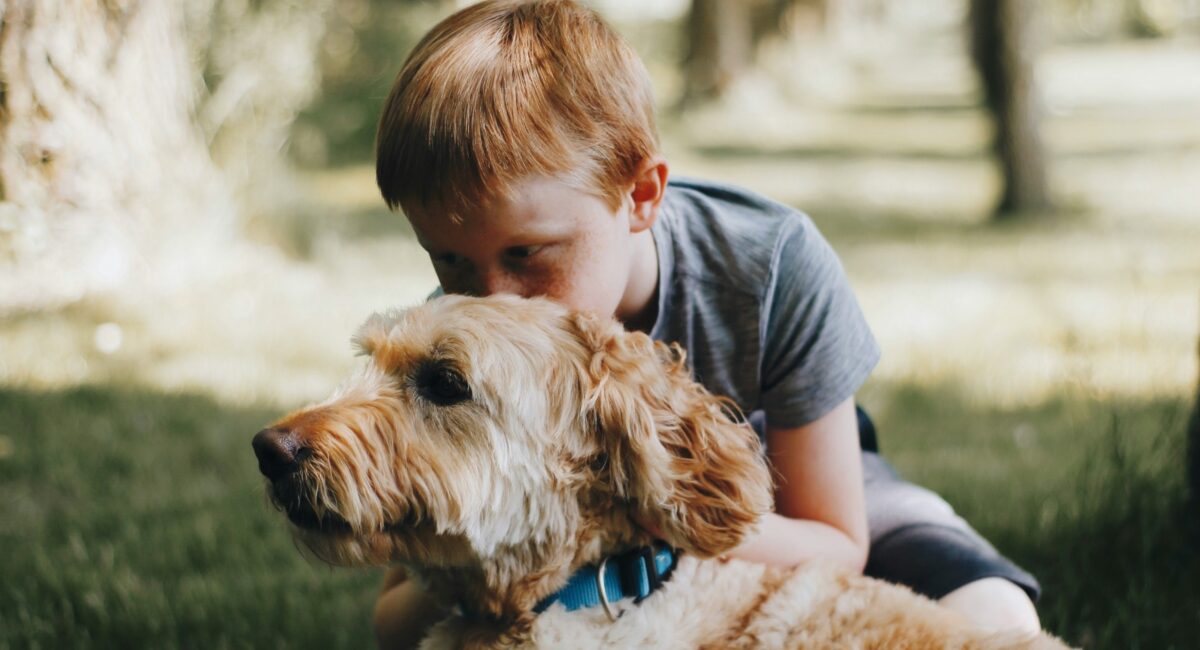Dogs & Children
- March 26, 2025
- thepartybark@gmail.com
- (0)
- Community
The Benefits of Having a Dog for Children: A Family-Friendly Guide
Dogs are more than just pets; they are loving companions that bring joy, comfort, and countless benefits to families, especially children. From emotional support to physical activity, having a dog at home can positively impact a child’s development in many ways.

Why Every Child Can Benefit from Having a Dog
Bringing a dog into the family creates a unique bond that fosters emotional growth, social skills, and responsibility in children. Research shows that kids who grow up with dogs tend to be more empathetic, confident, and physically active.
1. Emotional Support: A Loyal Best Friend
Dogs provide unconditional love and companionship, which can be especially comforting for children. Studies have shown that kids who interact with pets experience lower levels of stress, anxiety, and loneliness. The simple act of petting a dog can release oxytocin, a hormone associated with happiness and relaxation.
2. Physical Activity: Encouraging a Healthy Lifestyle
In an age where screens dominate children’s entertainment, dogs encourage outdoor play and exercise. Walking, running, or playing fetch with a dog promotes physical health, strengthens the immune system, and reduces childhood obesity.
3. Teaching Responsibility and Empathy
Caring for a dog requires feeding, grooming, and walking, which teaches children about responsibility and commitment. They also develop empathy by understanding and responding to their pet’s needs, learning valuable life lessons in the process.
4. Boosting Social Skills and Confidence
Dogs can act as social bridges for children, helping them make friends more easily. Kids who grow up with dogs tend to develop better communication skills, as they often talk to their pets and express their feelings freely. For shy or introverted children, a dog can be a source of comfort and confidence.
5. Emotional and Therapeutic Benefits for Special Needs Children
Many studies highlight the positive impact of therapy dogs on children with autism, ADHD, or anxiety disorders. Dogs provide a calming presence, helping children regulate emotions and develop better focus and social interactions.
How to Choose the Right Dog for Your Family
Not all dogs are the same, and choosing the right breed for your family is crucial. Consider factors such as:
• Size and energy levels – Some breeds require more exercise and space.
• Temperament – A gentle, patient dog is best for young children.
• Allergies – Hypoallergenic breeds may be a good option for sensitive family members.
Final Thoughts: A Dog is a Lifelong Friend
Welcoming a dog into your home is a big responsibility, but the benefits for children and the whole family are priceless. From emotional support to a healthier lifestyle, a dog can be the perfect companion for your child’s growth and happiness.
Would you like to learn more about pet-friendly family life? Follow our blog for expert tips and advice!


